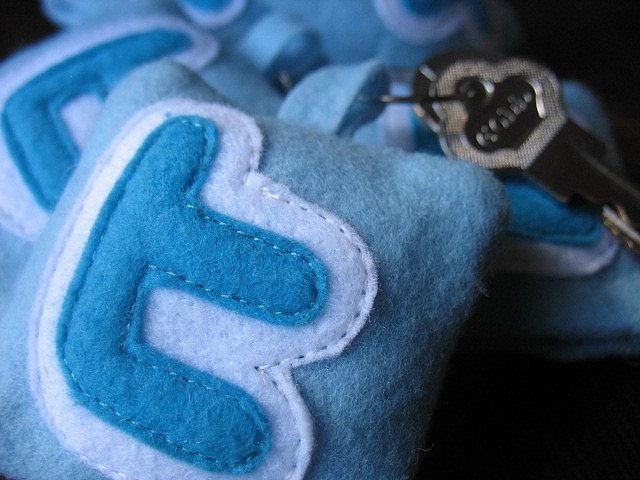Another #TwitterFail: Twitter Responds to the Bullying of Zelda Williams
In which Twitter responds to bullying on its platform by doing absolutely nothing of value to anyone.
Last month, I wrote an article about my Assholster problem. For those who have not yet read it, you can do so here—but the long and short of it is that I’ve had an Internet stalker who creates multiple accounts on Twitter just so he can call me racial and ethnic slurs. It’s a good time. (No, it’s not.)
A couple weeks after my article was published, Twitter announced that it would be updating its abuse policies. So hooray! My little article (which has been quoted in the Washington Post, thankyouverymuch) prompted Twitter to change its abuse policies!
Oh wait—no it didn’t.
The reason for the change was that a celebrity was bullied off Twitter. A few days after my article was published, you see, Robin Williams committed suicide. And because people are nothing if not terrible, a couple of trolls thought it would be high-larious to send his daughter Zelda photoshopped images of her deceased father along with cruel tweets blaming her for his death. And even though most of the tweets to her were tweets of support, she decided to abandon Twitter entirely.
And who could blame her? It only takes one or two assholes to make your entire Twitter experience miserable. Zelda is not the first woman to abandon Twitter as a result of unbearable harassment, and she won’t be the last. Over the past several years, prominent women have written about their experiences with Twitter harassment and even more women have tweeted endlessly about the harassment they endure on Twitter, and Twitter has done exactly jack and shit about it.
It took a celebrity and a lot of bad press for Twitter to finally decide to do something and what did they do? Essentially nothing. A week after Zelda quit, Twitter released a statement saying it would make it easier for families to remove images of deceased loved ones.
Via Forbes:
“We will not tolerate abuse of this nature on Twitter,” Del Harvey, Twitter’s vice president of trust and safety, said in a statement. “We have suspended a number of accounts related to this issue for violating our rules and we are in the process of evaluating how we can further improve our policies to better handle tragic situations like this one. This includes expanding our policies regarding self-harm and private information, and improving support for family members of deceased users.”
Oh, and look! A new Twitter guideline:
“In order to respect the wishes of loved ones, Twitter will remove imagery of deceased individuals in certain circumstances. Immediate family members and other authorized individuals may request the removal of images or video of deceased individuals, from when critical injury occurs to the moments before or after death, by sending an e-mail to [email protected]. When reviewing such media removal requests, Twitter considers public interest factors such as the newsworthiness of the content and may not be able to honor every request.”
*blink*
This is the rule that Twitter instituted in the wake of Zelda being driven off of Twitter? Seriously? I’m fairly certain it wasn’t just the vile images of her father that were distressing, but the actual messages from the actual assholes who were actually causing her distress.
And I’m pretty sure a mealy-mouthed promise to remove imagery of the deceased “in certain circumstances” depending upon whether or not that imagery is “newsworthy” isn’t exactly the sort of new policy that is going to curb abuse on Twitter.
But maybe Twitter doesn’t really care about curbing abuse. That’s the argument that Ben Kuchera of Polygon makes:
If you’re a woman or a minority, on the other hand, it’s also impossible to use the service without putting up with a daily drip-feed of hateful slurs, rape and death threats or people sharing your personal information, up to and including phone numbers and home addresses, as a means of intimidation. On many days it becomes a flood. For popular targets those attacks can last weeks, if not months.
Twitter could fight this, of course, but the service won’t. The company is enjoying high revenues and a soaring stock price, but it has yet to own up to the fact that harassment is part of the product being offered.
Why would Twitter get rid of abusers if they need abusers to drive engagement which, in turn, drives up the stock price? They wouldn’t. After all, as developer Brendan Vance recently pointed out in the wake of feminist Anita Sarkeesian being driven from her home as a result of relentless Twitter harassment:
As far as Twitter is concerned the ideal anti-harassment policy is just effective enough to prevent [Anita] Sarkeesian from leaving while simultaneously permitting thousands of people to enjoy harassing her every day.
Indeed.

